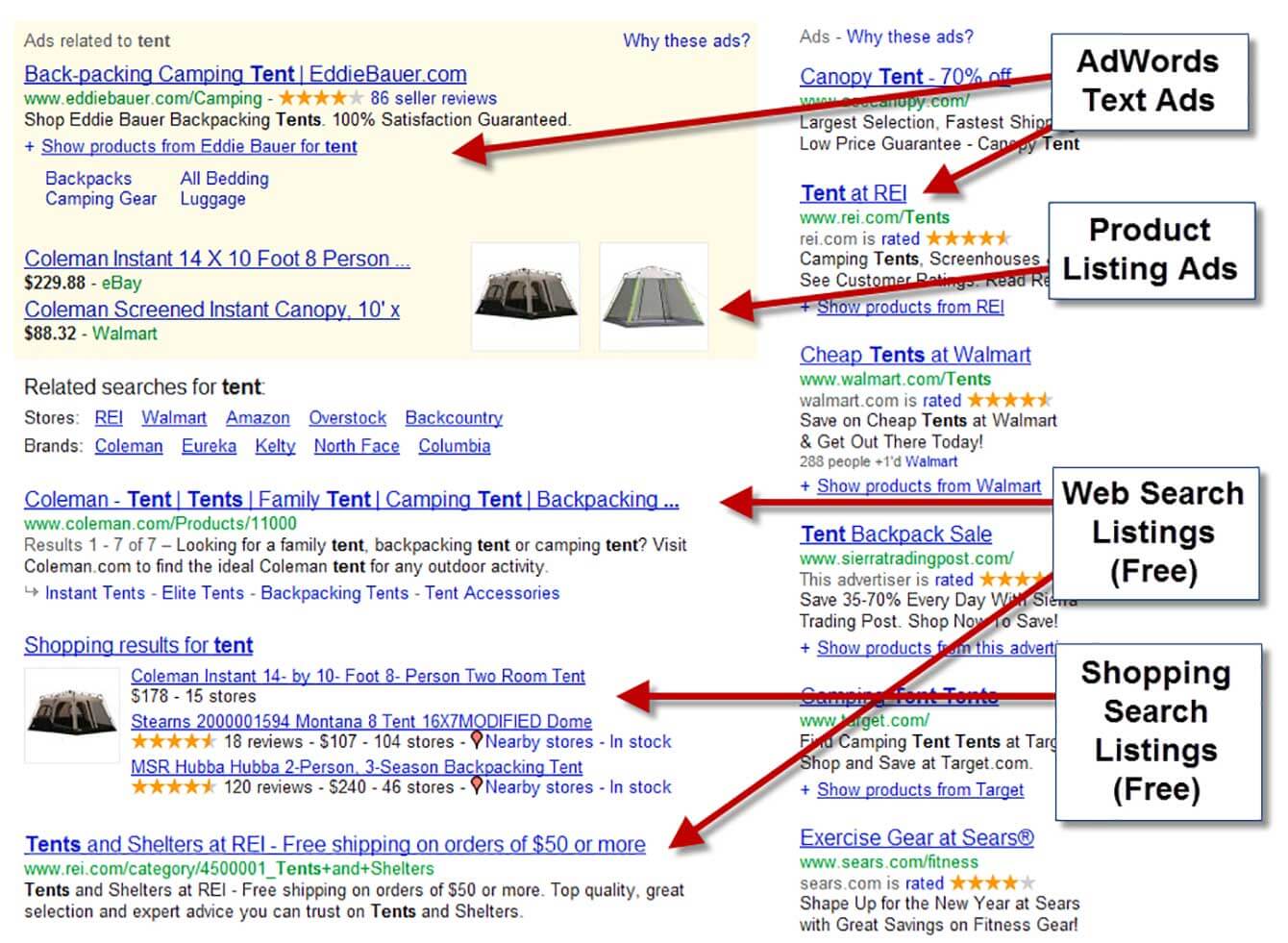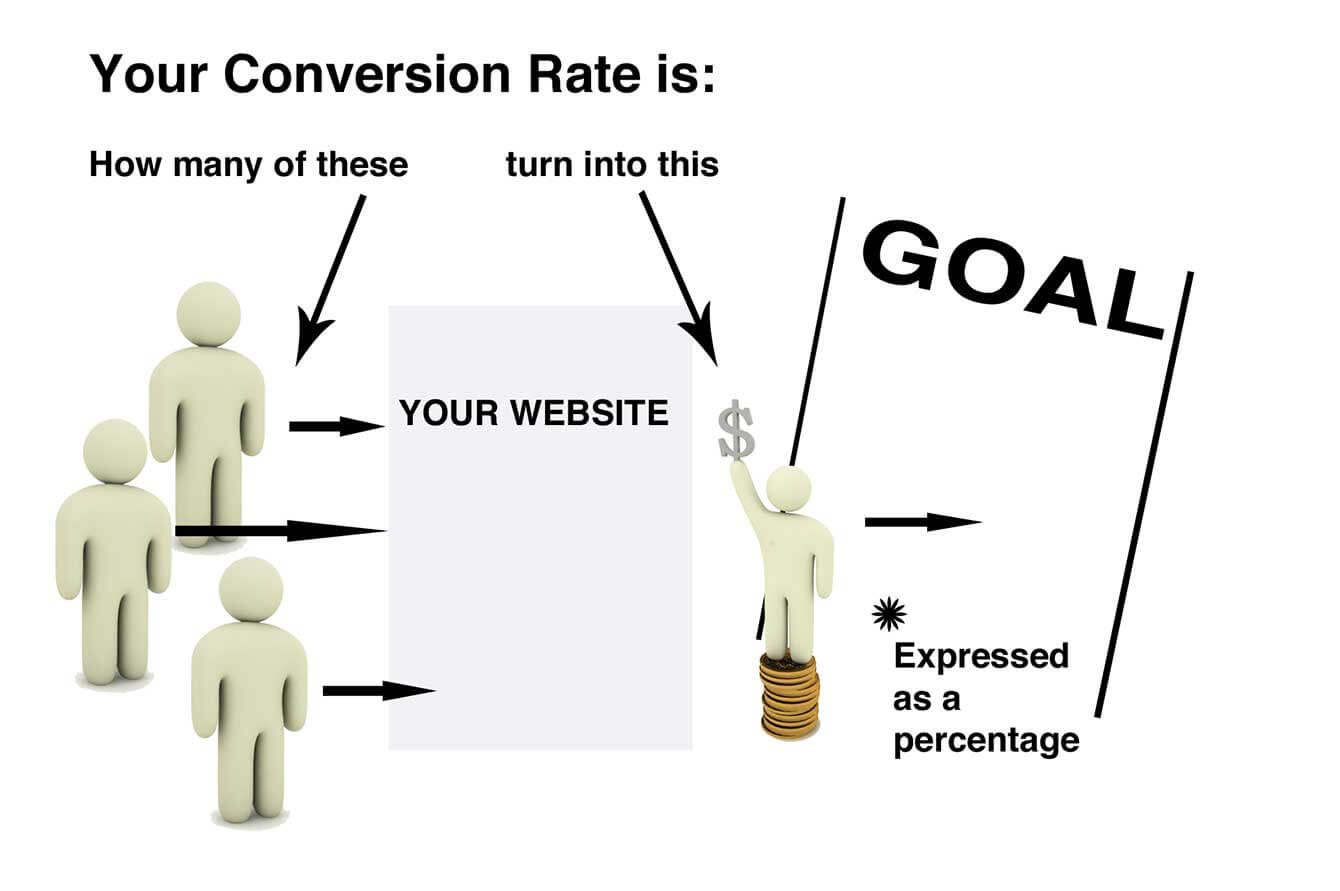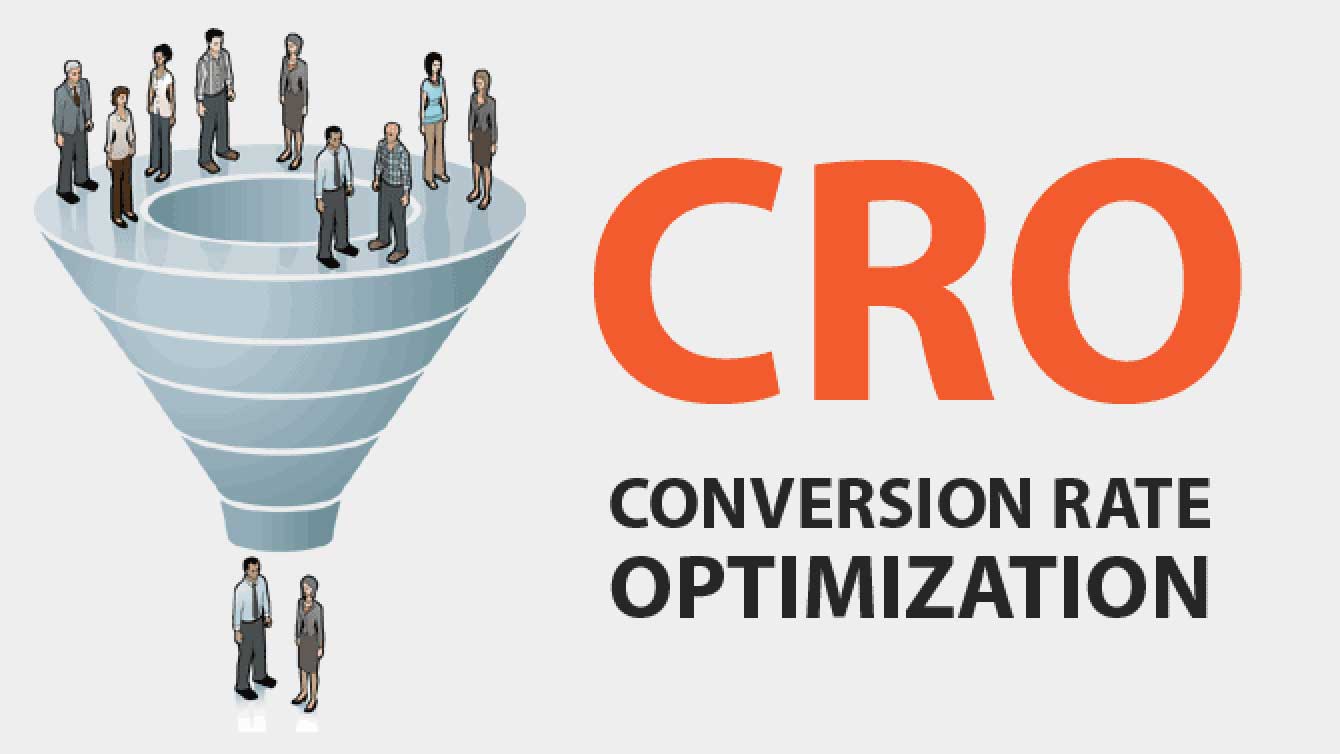Want to start getting traffic from your PPC campaign right away? Don’t know much about pay per click marketing? This article is for you.
By now, almost everyone knows that PPC stands for “pay per click.” It is one of the cornerstones of the modern Internet marketing and the primary source of revenue for Google.
Pay per click ads are the paid search results links that you see on top on the “organic” (non-paid) results on the search engine results page (SERP).
Also, PPC ads include:
- banners on the right side of the SERP;
- product listings (if your business is an e-shop)

As you can see, despite being quite sneaky about it, Google actually manages to fill up to 50% of the SERP with PPC ads in some cases.
It poses a challenge for both business owners and casual Internet users – the former have to come up with more creative ways of presenting their ads + spend more money on those ads while the latter find it more and more difficult to make a motivated decision whether to click on a particular ad or not.
Since no one really cares about casual Internet users, it’s all about us, website owners. To survive and thrive in this digital marketing bacchanalia, we need to know exactly how pay per click marketing works.
How Pay Per Click Marketing Works
Pay per click marketing works as simple as that:
- A website/online business owner creates wants to get more targeted traffic to his/her website in order to increase sales/brand awareness
- He/she creates an account at Google AdWords, researches the appropriate keywords or key phrases that are relevant to the business
- If the keywords/phrases are popular enough, the website owner has to take part in an auction where the person who offers the highest bid for a keyword/phrase, gets to place ads under it
- Every time a user clicks on the ad, Google charges the website owner the previously set amount of money
Great Things About PPC Advertising
At first glance, PPC advertising looks like a foolproof plan for any small online business:
- pay as you go – your budget is always under control;
- instant results – unlike with SEO, you don’t need to wait for weeks/months to get some incoming traffic;
- extensive targeting options – you’re delivering your message to the right audience
However, if it was all so simple, we would all be millionaires, and last time I checked, it was not the case. That means there is some hidden, unpleasant truth about PPC marketing that makes it more difficult than it seems.
Not So Great Things About PPC Advertising
Let’s peek into the dark side of PPC.
1. All the hot and popular keywords are taken by the companies you have no chance of outbidding. Can you afford yourself to spend a few dozen dollars on one click?
To get around this obstacle, a lot of small businesses employ the “long-tail keywords” tactics where they would use more specific keywords for their campaigns. E.g., instead of paying $50 per click for “car accident lawyer”, you might want to use a different phrase like “affordable car accident lawyer in Chicago area” or similar.

2. You can’t just launch your PPC campaign and leave it there working 24/7 for you – it requires constant monitoring and optimization.
Some keywords lose their strength and attractiveness with time, some may become too expensive, and some keywords just don’t work for your business sucking money out of you rather than bringing you loads of traffic.
To rectify that, you’ll need an expert who can perform an audit of your current Google AdWords campaigns, eliminate the ineffective keywords, optimize the costs, and increase the overall efficiency of your PPC marketing.
Even after everything’s been set up and properly optimized, you will still need an expert to help you maintain the successful campaign results and do minor tweaking.
3. Researching keywords is a one hell of a process – you’d have to take tons of different factors into consideration.
PPC marketing actually starts long before you make your first payment per click. You need to know your target audience well enough to come with keyword suggestions. Then, you should run these suggestions against the actual keywords and phrases people use.
Believe it or not, but sometimes the logic in those searches is non-existent. E.g., it’s not uncommon to see a search phrase like “PPC what is it” being more popular among users than the obvious “What is PPC?”. Go figure.
Needless to say, it all requires hours and days or researching while you as a business owner have other things to take care of. In this case, it wouldn’t be unwise to use the help from an expert.
Having mentioned these three things, let’s not forget that, in order to make your PPC campaign a success, you need to have:
- flawless copy to increase the click-through rate (CTR) of your ads;
- striking and memorable visual design for banners;
- a solid metrics and analytic tracking system to measure your campaign progress and results.
That’s a lot to handle for a single person. Even if you decide to delve into the world of PPC and become an expert, it is not going to be something that you will need to learn once. Google constantly changes its algorithms and introduces new tools and procedures. The market is always changing, so is the competition.
Do you still want to do your PPC campaign yourself? Wait until you hear the next part.
What Is Beyond the PPC
What happens when a user is being redirected to your target link after clicking on a PPC ad? IN most cases, he or she will end up on a landing page (or sometimes a product page).
This is when we need to remember that wonderful phrase “conversion rate” – a metric that we get by dividing the number of users who performed a desired action on your website by the total number of visitors.

In our case, we’re dealing with paid traffic exclusively so it’ll be the number of users who performed a desired action divided by the number of total clicks on the ad during a certain time period (day, week).
It’s as easy as this.

Now that you know how to measure the conversion rate on your landing page or product page, it’s time to actually increase it. How do you do it?
Again, through endless experimentation and constant tracking:
- change the copy;
- change the design;
- decrease the number of steps that users have to go through in order to perform a desired action;
- all of the above mixed together plus more…
Do you have the time and will to do it yourself? If yes, do not expect quick results – conversion rate optimization is a tricky process.
PPC as a Part of the Sales Funnel
If you take a step back and look at your sales process, you could easily imagine a funnel in one way or another.

It would’ve been a nice concept if it wasn’t so complicated.
For example, there’s a company with the following steps on their sales funnel:
- PPC keyword/phrase
- PPC ad
- landing page
- “create an account” page
- “enter your payment details” page
By altering just one of these steps you can actually change the conversion on each of the remaining ones – and not always to better. Sounds more like equilibristics rather than marketing, doesn’t it?

So how do you deal with all of this? By hiring an expert to help you out with the tough task of creating, launching, and completing a successful PPC campaign. In this case, you will save money, time, and, most importantly, your nerves while still achieving the desired results.
Conclusion
Thanks for making it to the bottom of today’s “Don’t Do Pay Per Click Marketing Yourself – Here’s Why” article – I hope it was a useful read for you.
The right thing to do would be share this article with your friends on the social networks – just click on one of the icons of social media, it’s that easy.
If you have further questions on the subject, please write them in comments – I’ll be glad to answer.
For more articles on PPC, be sure to check other entries on my blog:





Comments0